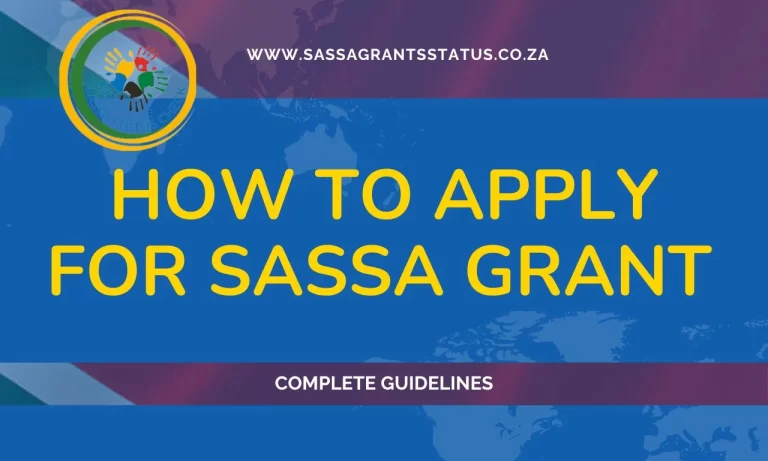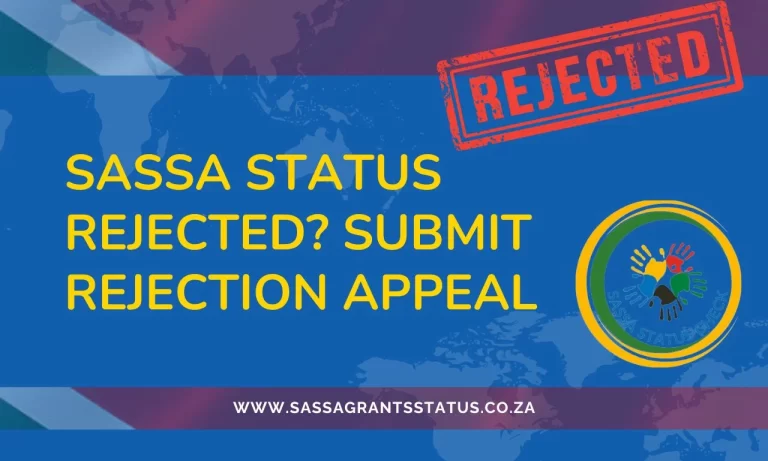SASSA Grants Become Springboard for Business in South Africa
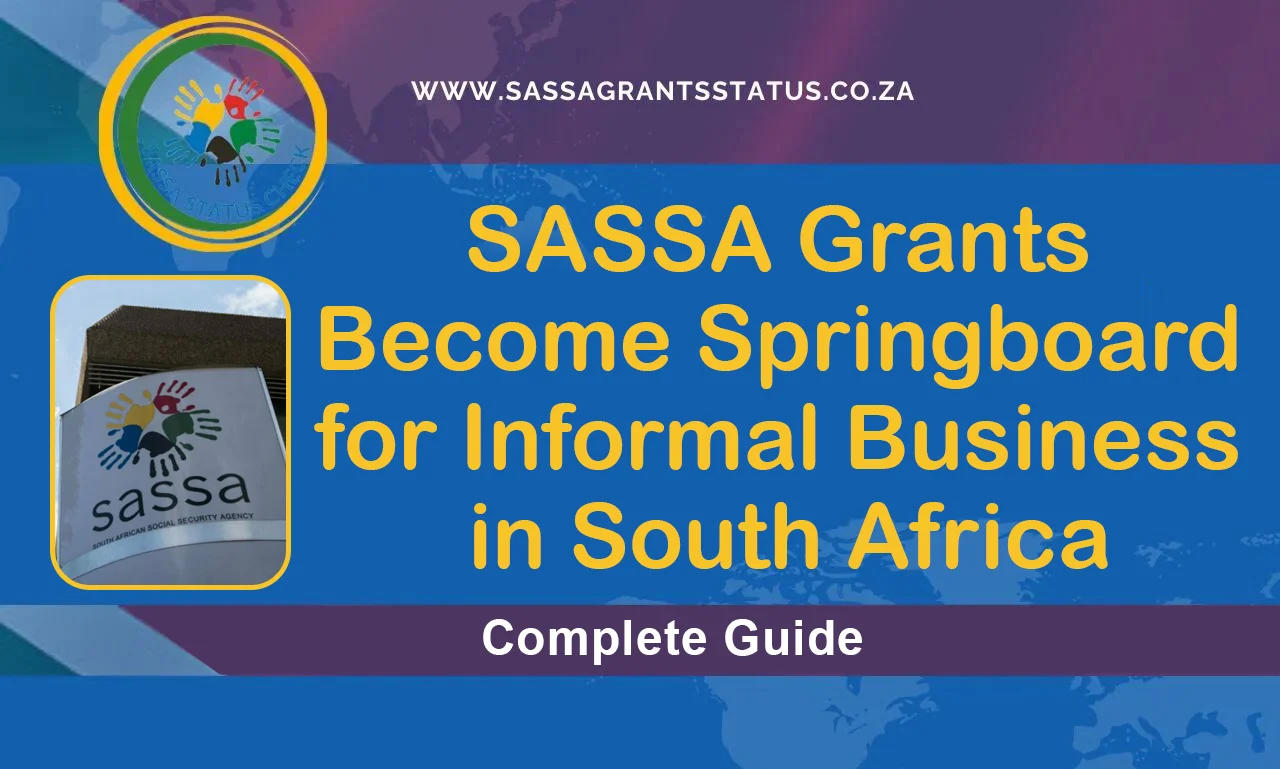
The SASSA Social Relief of Distress (SRD) grant was introduced by Department of Social Development during Covid-19 pandemic to help affected families. However, SASSA also encourages recipients to look for additional job opportunities for further benefits.
Now, millions of SASSA grant beneficiaries utilize their monthly allowances to fuel a rapidly growing, yet largely unnoticed informal economy. But why is this so, and how do such informal activities impact lives of grant recipients?
In this post, we’ll answer these questions and disclose challenges beneficiaries face in starting and running their businesses. We’ll also evaluate whether government policies are effectively supporting informal enterprises.
SASSA Grants Become Springboard for Informal Business in South Africa: Why?
People receiving social grants from South African Social Security Agency (SASSA) are using money to start small businesses. This shows that government’s financial aid is unexpectedly becoming a source of startup business funding for informal entrepreneurs in South Africa. But why is this happening?
The Annual Performance Plan 2022-2023 by SASSA reveals that 47% of South Africans rely on monthly grants (18 million receiving permanent & 10 receiving temporary SRD grants). Despite a recent 4.8% increase in grants, they still fall short of covering rising cost of living, worsened by Eskom’s electricity price hike.
Due to inadequate grant amounts, one-third of 28 million recipients invest them in informal activities that help meet their basic needs, such as food, shelter, and clothing. SASSA child grant recipients (11%) are most likely to start informal work because they are younger and focus on survival-oriented businesses. Whereas 9% of SRD grant recipients engage in informal income activities.
Informal activities are jobs/businesses without written contracts and they aren’t registered for tax. They include care work, informal trading, or self-employment. Some recipients earn money by buying and selling goods, providing services like painting, photography, building, renting out accommodation, traditional healing, and running restaurants or taverns.
Others play fahfee (a type of betting), create beadwork, or do stitching, recycling, and gardening. Many invest in future livelihoods, helping children with job searches or using their grants to buy equipment, start businesses, or expand operations.
Some save part of their grants through savings schemes or stokvels to reinvest in their businesses or use in emergencies. A real-life example of an informal business started from SASSA R350 grant application money is a nail bar & studio in Randfontein.
After saving grant money for 3-4 months, “Jabulile,” a self-taught nail technician from Randfontein bought her first nail kits. She learned her skills from social media platforms like YouTube, Instagram, and TikTok and now runs a successful nail bar & studio in her parents’ backyard.
Jabulile earns R1,000+ on a good day and around R500 on a normal day. The grant has helped her earn more than expected, and she encourages other grant recipients to pursue their passions as well.
Challenges to Informal Businesses
Where SASSA payments are becoming a source of investment, beneficiaries are also facing various challenges in launching and running their informal businesses. Here are some common problems that they’re coming across:
- High transport and childcare costs cut into earnings.
- Affordable microloans are hard to find.
- Mothers on child support often can’t work much due to home duties.
- Widespread crime and violence in townships endanger people and businesses.
- Big retailers threaten small informal sellers.
- Limited financial management hinders business growth.
Does Government Have a Policy In Place to Support Informal Businesses In South Africa?
Informal work is important for SASSA grant beneficiaries, who have multiple income sources in elementary services, sales, crafts, and occupations. Very few of them ever succeed in accessing formal support from government-run services. So they rely eventually on their social networks for access to guidance and advice, as well as for financial help.
Due to non-availability of small loans, many seek services of money lenders, hence falling into debt. This emphasizes that a major barrier between poverty and a life of financial growth are precariousness of informal work and non-availability of protection for vulnerable workers.
But overall, informal work contributes to poverty reduction, which must be recognized and supported by national policy of governments. Many South Africans would not have a means of getting food and other needs without income coming from this source.
Social grants should be combined with access to capital, credit, small loans, skill development, and mentoring. However, very few government departments provide support in terms of livelihood initiatives such as entrepreneurship programs, and small-scale farming.
Therefore new innovative ways need to be initiated. Informal businesses can be expanded under government, NGOs, development agencies, and CSI programs. However, this venture requires further research to design policies and strategies that will yield better outcomes.
FAQs
-
How do SASSA grants support informal businesses in South Africa?
SASSA grants boost local businesses by providing steady consumer demand, as recipients usually spend their money locally, supporting micro-economies.
-
What percentage of grant beneficiaries engage in informal work?
Informal work gives many SASSA grant recipients a sense of purpose and helps improve their personal and family well-being despite limited formal job opportunities.
-
What is significance of informal work for SASSA grant recipients?
A study shows that 31% of grant beneficiaries work informally, with no written contracts or tax-registered businesses.
Conclusion
The following news “SASSA grants become springboard for informal business in South Africa,” highlights how this financial aid program is helping beneficiaries. Recipients are using their stipends to fuel a growing informal economy to meet basic needs and promote entrepreneurship.
However, they face significant challenges such as high costs, limited access to micro-loans, and lack of formal support. To better support these informal entrepreneurs, national policies must recognize role of informal work in poverty reduction.NGOs and government should provide comprehensive support, including access to capital, skill development, and mentorship through their programs.
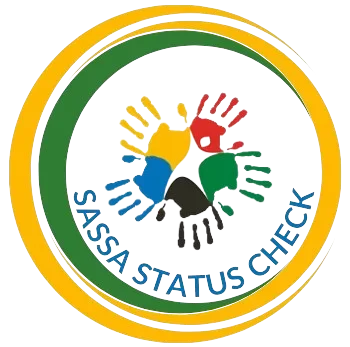
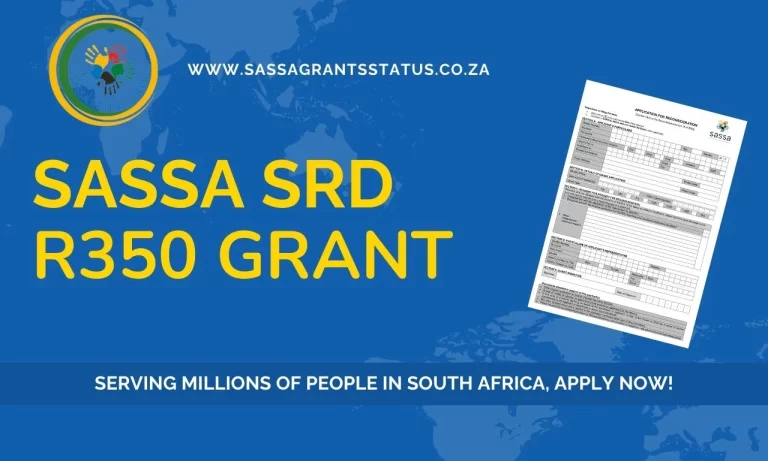
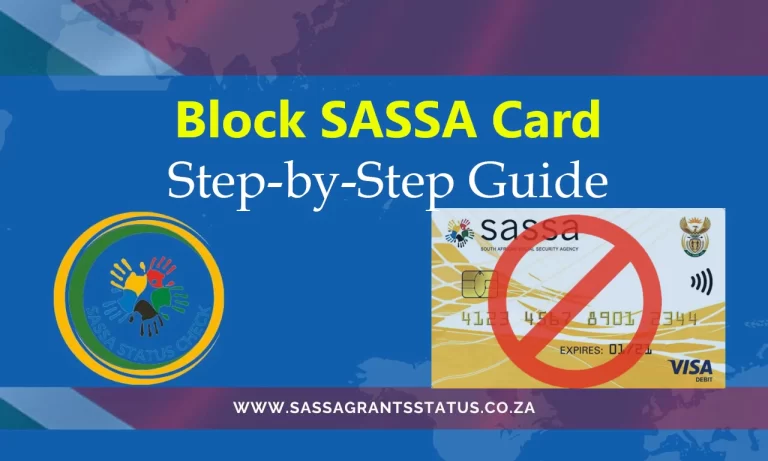
![SASSA Status Check Failed | How to Fix [2024]](https://sassagrantsstatus.co.za/wp-content/uploads/2024/01/SASSA-Status-Check-Failed-1-768x461.webp)
